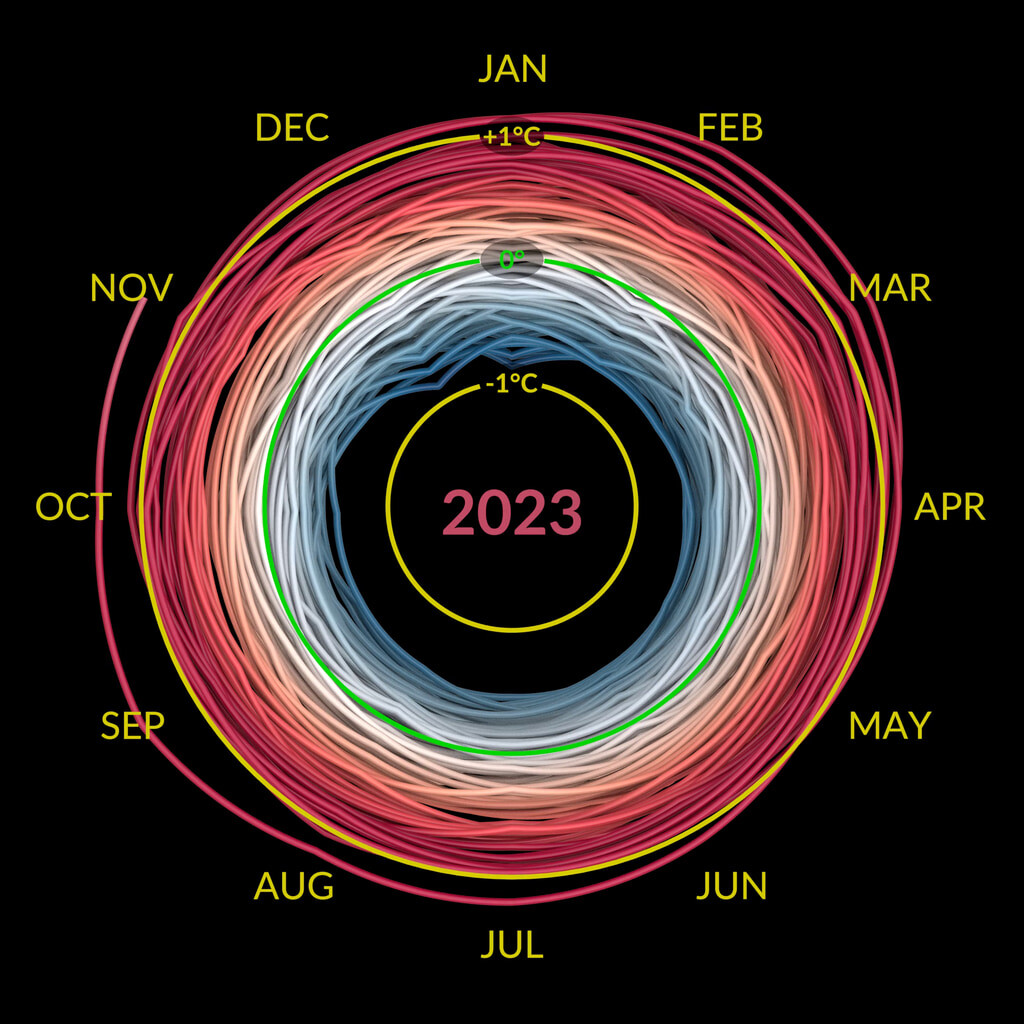Earth, Environment, and Geosciences
1880 readers
1 users here now
Welcome to c/EarthScience @ Mander.xyz!
Notice Board
This is a work in progress, please don't mind the mess.
- 2023-06-13: We are looking for mods. Send a dm to @[email protected] if interested!
What is geoscience?
Geoscience (also called Earth Science) is the study of Earth. Geoscience includes so much more than rocks and volcanoes, it studies the processes that form and shape Earth's surface, the natural resources we use, and how water and ecosystems are interconnected. Geoscience uses tools and techniques from other science fields as well, such as chemistry, physics, biology, and math! Read more...
Quick Facts
Rules
- Don't throw mud. Be kind and remember the human.
- Keep it rooted (on topic).
- No spam.
Jobs
Teaching Resources
Tools
- GitHub - RichardScottOZ/mineral-exploration-machine-learning: List of resources for mineral exploration and machine learning, generally with useful code and examples.
Climate
Similar Communities
- [email protected]
- [email protected]
- [email protected]
- [email protected]
- [email protected]
- [email protected]
Sister Communities
Science and Research
Biology and Life Sciences
Plants & Gardening
Physical Sciences
Humanities and Social Sciences
Memes
founded 2 years ago
MODERATORS
276
277
278
279
280
281
283
285
13
The catastrophic Chicxulub impact that wiped out the dinosaurs created a 15-year winter
(www.zmescience.com)
286
29
Sea of methane sealed beneath Arctic permafrost could trigger climate feedback loop if it escapes
(www.livescience.com)
287
22
Open Planet Is a Growing Library of 4,500 Free Videos Documenting Nature and Climate Issues Around the World
(www.thisiscolossal.com)
288
11
Why Iceland's latest eruption may be the most dangerous in recent history
(www.nationalgeographic.com)
289
290
33
West Antarctica Glacier's Retreat Unstoppable: Study Says Tipping Point Crossed
(www.sciencealert.com)
291
292
293
294
295
296
24
Could We Stop Yellowstone From Erupting with a Giant Geothermal Power Plant?
(www.construction-physics.com)
297
298
299
136
Frozen methane under the seabed is thawing as oceans warm – and things are worse than we thought
(theconversation.com)
300
